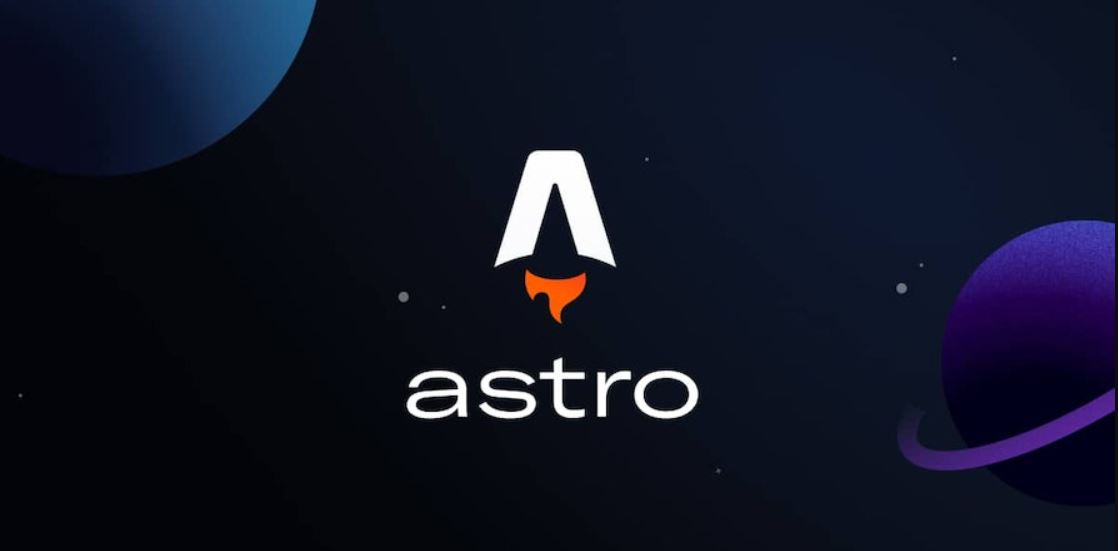Astro is a modern web framework designed for building fast, content-rich websites like blogs, marketing sites, and e-commerce stores. It has become incredibly popular because its unique “Islands Architecture” delivers pages with zero JavaScript by default, resulting in superior performance and excellent SEO.
The Core Philosophy: Performance by Default ⚡
Most modern web frameworks are designed for building complex web applications. They often send large amounts of JavaScript to the user’s browser, which can be slow and unnecessary for sites that are mostly content.
Astro’s approach is different. It assumes your website is static content first, and that interactivity is something you add only where you need it. It does as much work as possible on the server, sending plain, fast HTML to the browser.
The Magic: Islands Architecture 🏝️
This is the key feature that makes Astro special.
Analogy: An Ocean of HTML Imagine your webpage is a vast ocean of static, fast-loading HTML. Most of it is just calm water (text and images). An Astro Island is a small, interactive component—like an image carousel, a “buy now” button, or a search bar—that lives within that ocean.
Astro only loads the JavaScript needed for that specific island, and it only loads it when the island becomes visible or the user interacts with it. This means the initial page load is lightning-fast because the browser has almost no JavaScript to download or execute.
Key Benefits of Astro
- Incredible Performance: By shipping minimal (or zero) JavaScript by default, Astro sites consistently achieve near-perfect scores on performance metrics like Google’s Core Web Vitals.
- UI Framework Agnostic: This is a huge advantage. You can build your interactive islands using your favorite framework. Want to use a React component for a search bar and a Svelte component for a video player on the same page? With Astro, you can.
- Content-Focused: It has excellent, built-in support for working with content, whether it’s from local Markdown files or a headless CMS.





